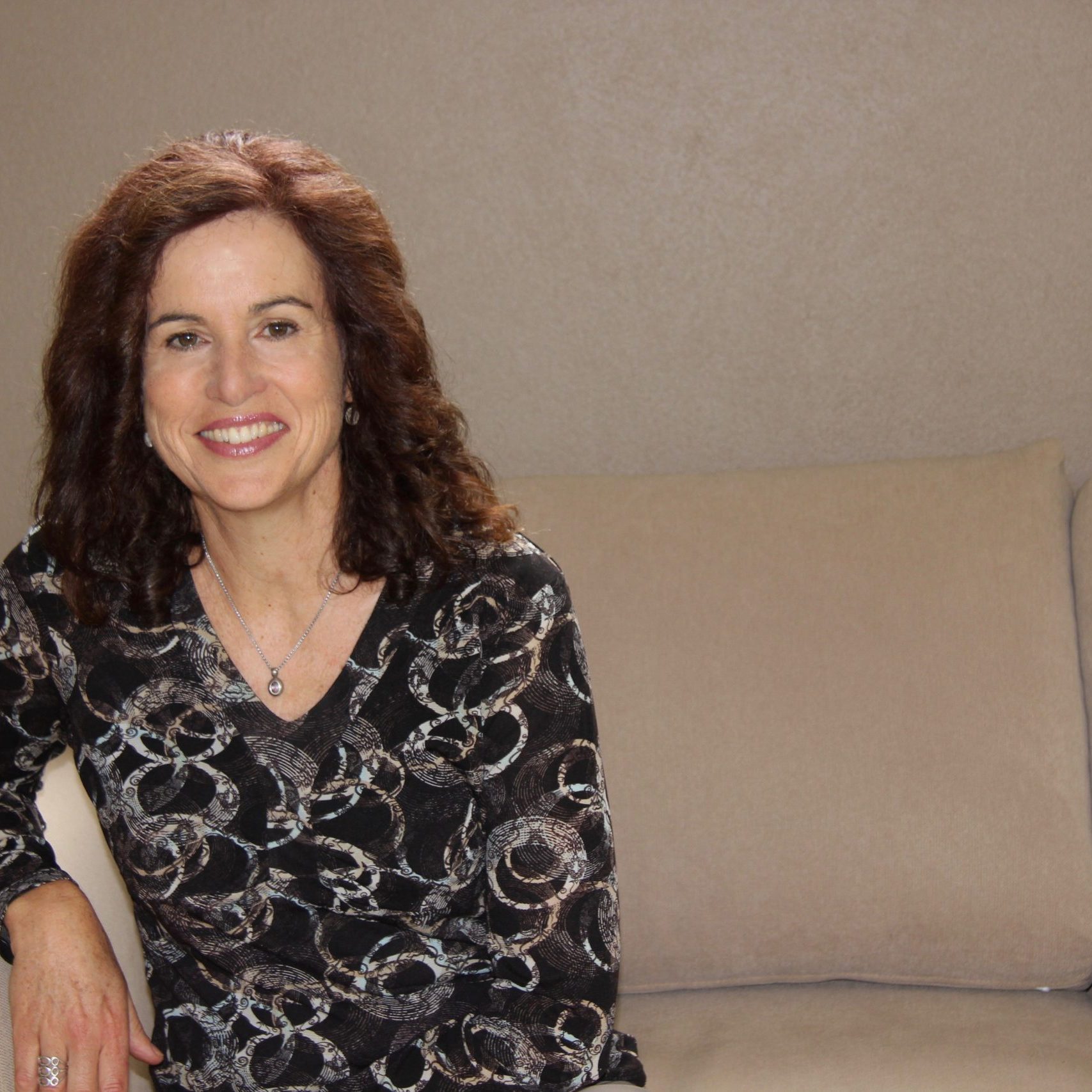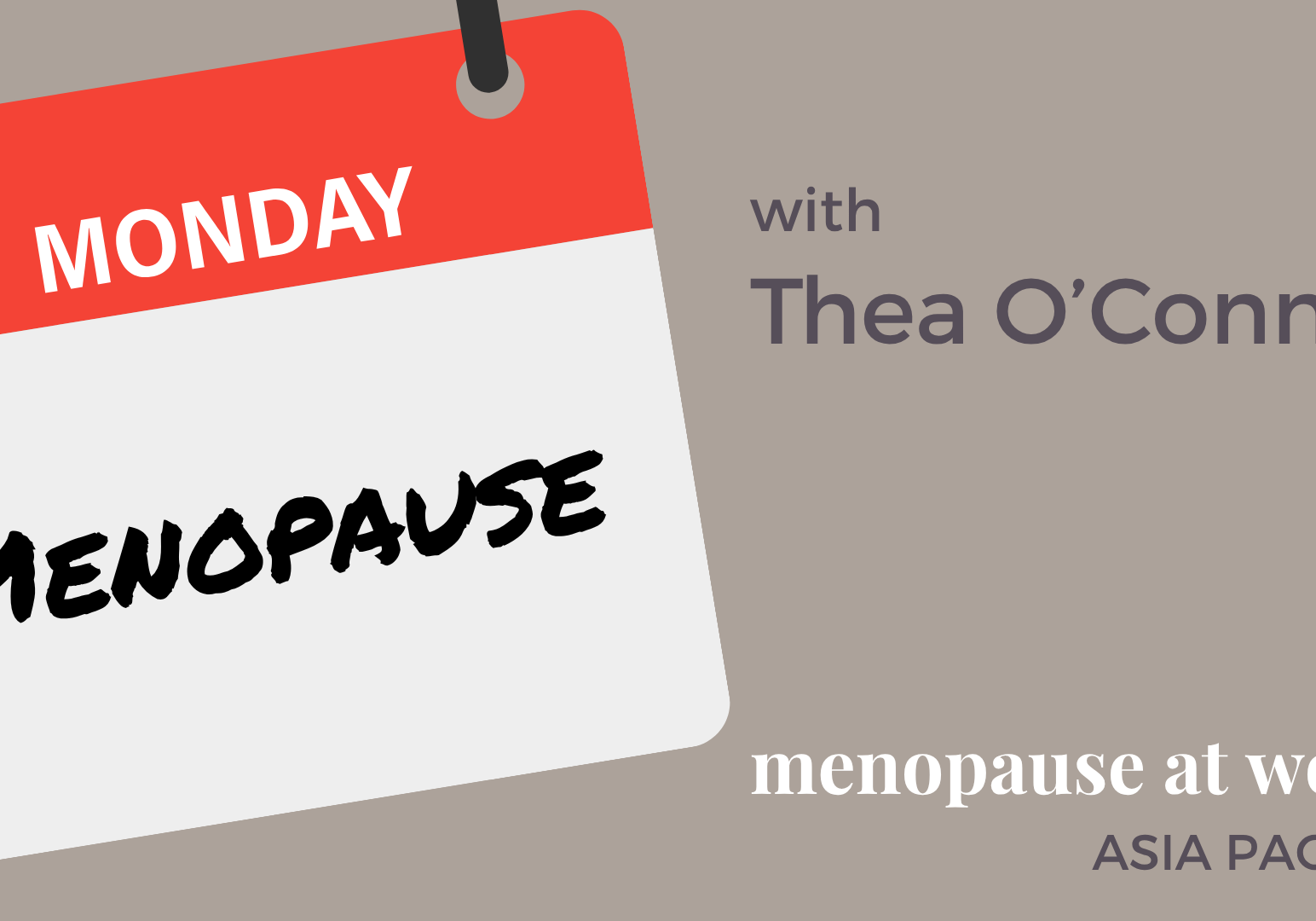Whats in your Cart?
Video Transcript
It’s Menopause Monday. Here’s Thea O’Connor.
Stigma. We hear that word quite a lot, don’t we? In relation to menopause. So, is there a menopause stigma? If so, what is it? And what can we do about it?
Macquarie University actually has a menopause research group that wrote an excellent piece about this. You can find it in the supplementary submissions to the 2023 Federal Senate Inquiry into menopause.
Drawing on that piece—yes, there is a menopause stigma. And what does it say? It says that menopausal women like me have a deficit of warmth and that we lack competence.
Let me show you this grid where menopausal stigma was mapped out in comparison to other kinds of workplace stigma. Across the horizontal line, we’ve got competence, and vertically we’re mapping warmth. So who do we find in the left-hand quadrant here? Lo and behold, menopausal women are perceived as being the most cold and the most incompetent of all.
What’s more, these stigmatized attitudes generate contempt in others, which can then have a knock-on effect in terms of discrimination and bias when it comes to things like recruitment and promotion.
And you know, I reckon one of the worst impacts of this stigma is when it gets inside our own heads and we start believing it ourselves. That, of course, can really smash your professional confidence in the context of the workplace.
So, key to reducing stigma—whether you’re talking about personal stigma or institutional stigma—has to include creating the conditions where people can come together, connect, and have contact with others who have experienced menopause. You hear those experiences, you share them, and you have open conversations about it.
In workplaces, training, education, and psychological safety also really help to reduce stigma.
But I also reckon that one of the best ways to reduce stigma is to shine a light on it—to expose it, as I’m doing right here and as I do in my workplace trainings. Because when you expose it, you get to go, “Ooh, that’s really off. I’m not going to subscribe to that.”
Whereas when we let it just run rife, that’s exactly what these attitudes do—they run rife in the shadows of our minds and in the corridors of our workplaces.
So expose it. And then you have the opportunity to more consciously choose healthier and more accurate beliefs about menopause and the people who experience it.
In this week’s Menopause Monday chat, we dive into the stigma surrounding menopause and its impact in the workplace.
Drawing on research from Macquarie University, we explore how menopausal women are often unfairly perceived as both less warm and less competent, leading to contempt, discrimination, and even self-doubt that undermines professional confidence. We discuss practical ways to reduce this stigma—through open conversations, sharing lived experiences, workplace training, and fostering psychological safety.
Most importantly, we highlight the power of exposing stigma, so we can challenge negative attitudes and replace them with healthier, more accurate beliefs about menopause and the people who experience it.
Share this post on your socials:

Introducing, Thea O'Connor
Thea is a workplace wellbeing advisor, TEDx speaker, and national leader on menopause at work. She draws on her own qualitative research with working women, 30 years’ experience in health promotion, and a deep understanding of workplace culture to design practical, inclusive support. Known for tackling taboo topics with ease and insight, Thea helps organisations create healthier, more supportive environments—particularly for people navigating menopause.


